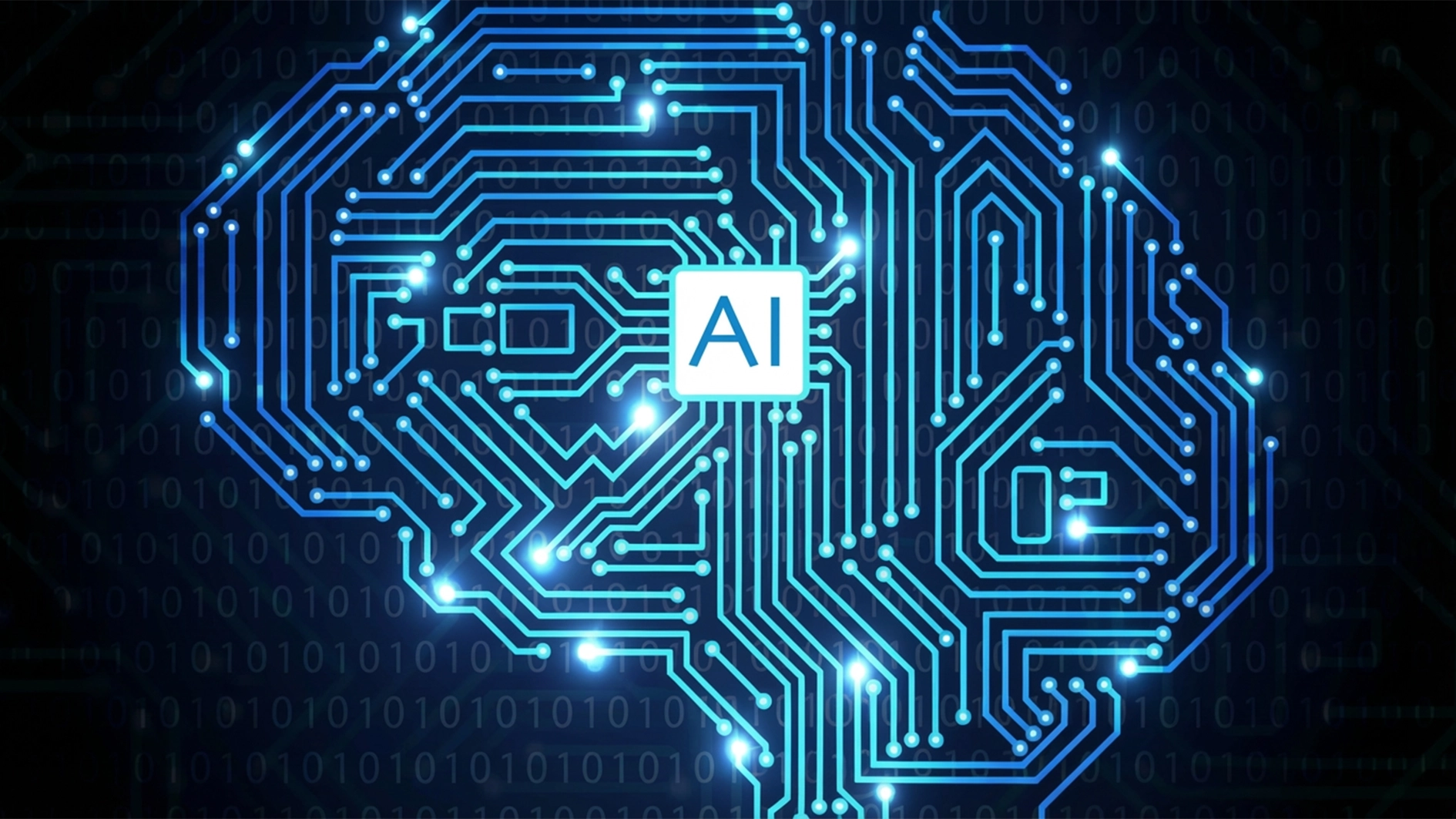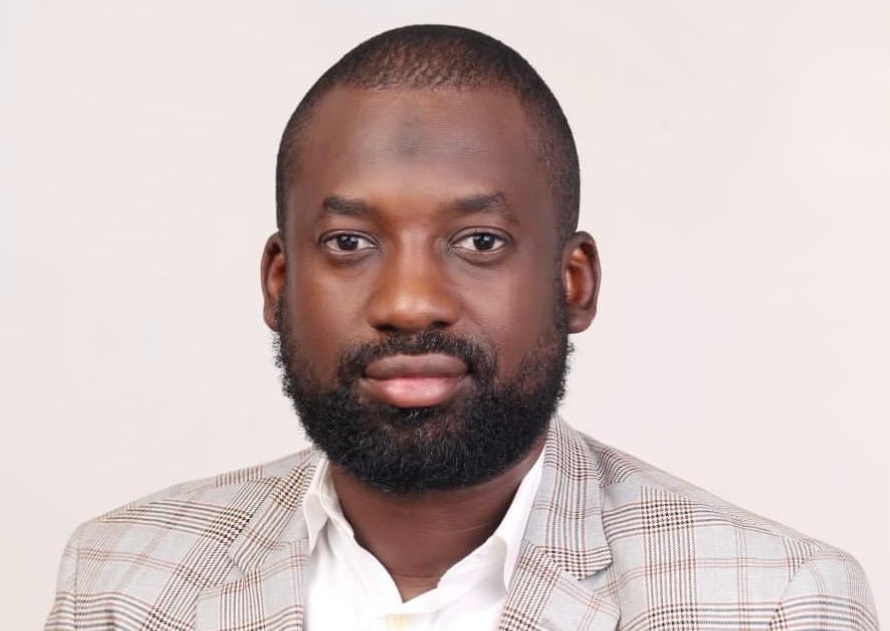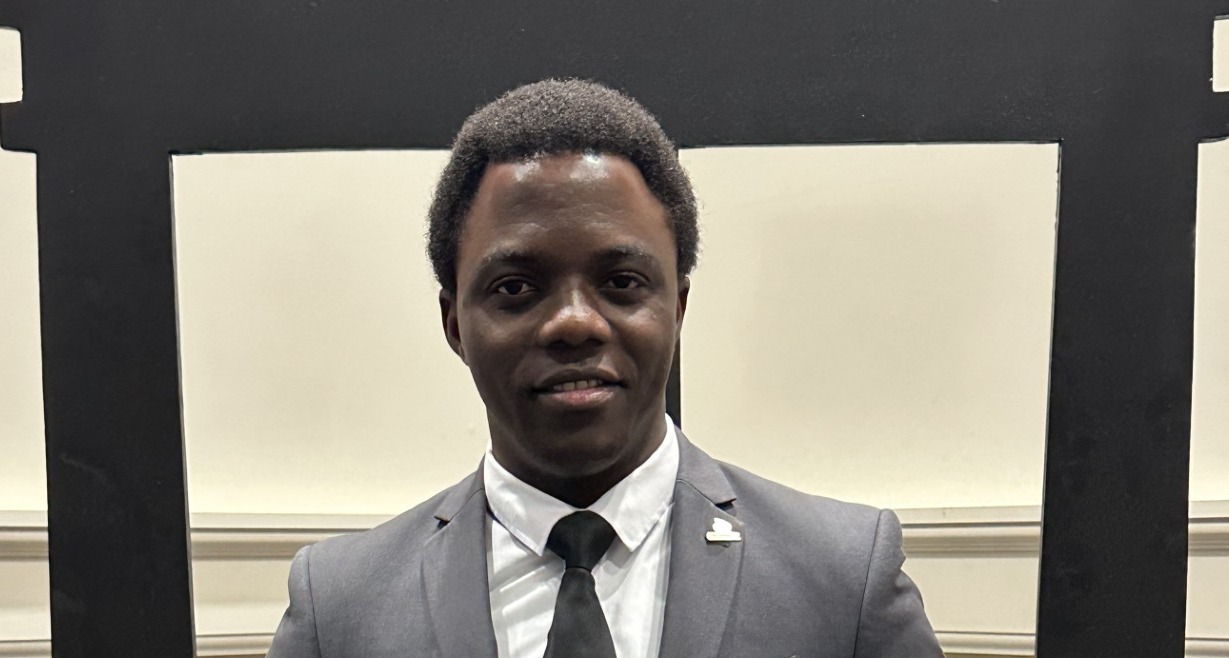For Tosin Ojo, the journey from mathematics and data analytics into education and youth empowerment was not accidental; it was transformative. A near failure in his first university computer-based test revealed to him how lack of access could cripple even the most capable minds. That defining moment sparked a mission: to bridge Africa’s digital divide.
Nearly a decade later, Ojo has trained and mentored over 10,000 young people across Nigeria, designed STEM curricula adopted in Central Africa, and pioneered initiatives like AI4Teachers to embed innovation at scale in classrooms.
In this interview with Emmanuel Emeh of The Guardian, Ojo speaks about the power of technology as a social equalizer, Africa’s readiness for the future of work, and why he believes the ultimate legacy is not just teaching youths to consume technology, but empowering them to create it.
You started your career as a mathematician and data analyst. At what point did you decide to pivot from corporate success toward education and youth empowerment?
My journey into education and youth empowerment was both personal and transformational. While in university, I nearly failed my first CBT exam not because of lack of knowledge, but because it was my first time using a computer. That moment defined me. I became determined to master digital tools and ensure others never faced such a barrier. By 2016/2017, before my NYSC, I had already launched my first computer outreach. Since then, I’ve trained and mentored over 10,000 young people across states in Nigeria and also designed a STEM curriculum for trainers in Central African countries. For me, the pivot was not a departure from corporate success; it was the expansion of success into social innovation with measurable community impact.
You often say, “The ultimate test of technology is not how much it improves profit margins, but how much it improves lives.” What personal experiences shaped that philosophy?
Growing up in underserved communities showed me that access to technology can mean the difference between exclusion and opportunity. I’ve seen young people who had never touched a laptop transform into professionals within months of structured training. These stories reinforced my belief that technology is a social equalizer, and its highest value lies in how it empowers people, not just companies.
Many young Africans look up to you today. Who were some of your own mentors or inspirations when you started out?
Interestingly, I drew inspiration from leaders like Bosun Tijani, during the early days of CcHub, and Iyin Aboyeji, with his pioneering work at Andela. Their ability to build platforms that shaped Africa’s tech ecosystem showed me what was possible when vision meets execution. Seeing them create solutions with global relevance from Nigeria encouraged me to pursue my own path in technology, education, and social innovation.
Your book Understanding Business Intelligence with Microsoft Power BI has become a reference for many. What gap were you hoping to fill when you wrote it, and how has the feedback shaped your journey?
The book is a compilation of my experiences in analytics. My goal was to provide clarity for data enthusiasts whether they are Business Intelligence Analysts, developers, or aspiring cloud engineers. The feedback has been deeply encouraging. Beyond the numbers, I am inspired when people tell me the book helped them understand complex concepts and take the next step in their careers.
You have worked across data science, analytics, and education. What do you think is Africa’s biggest blind spot when it comes to digital adoption?
The biggest challenge is adopting what we don’t own. There’s still a huge gap in infrastructure and in tailoring imported solutions to local realities. I strongly believe in local research and development. When we design solutions with Africa in mind, adoption becomes easier and more impactful.
You were nominated as a Microsoft Most Valuable Professional (MVP). What does that recognition mean to you personally and to the African tech community at large?
The nomination was a huge honor. The MVP award is prestigious and shows Microsoft’s recognition of the African data community. With fewer than 20 awardees yearly in Nigeria, it’s both humbling and motivating. For me, it is not just a recognition, it’s a responsibility to do more, to collaborate, and to contribute to the growth of tech in Africa.
Through the Digital Skills and Talent Foundation, you’ve trained thousands of youths. What story from those training has stayed with you the most?
One that stands out is a young girl in Osogbo, Osun state who knew almost nothing about computers before our program. Within weeks, she was not only comfortable using a laptop but also teaching her peers on Python Programming. She later secured an internship in a local firm. That story reminds me that access is everything, once the door is opened, the possibilities are limitless.
Your AI4Teachers initiative focuses on empowering educators rather than only students. Why did you feel this approach was critical for long-term impact?
Teachers are multipliers. Every empowered teacher can influence hundreds of students across their career. By equipping educators with AI tools, we are not just teaching skills; we are embedding innovation into classrooms at scale. This model is unique in West Africa and ensures sustainability.
In 2022, you partnered with the US Consulate Lagos for the STEM for the Future program. What were some challenges you faced executing such a large-scale initiative?
Executing across multiple locations meant overcoming infrastructural hurdles, unreliable power, connectivity gaps, and access to devices. Another challenge was perception convincing communities that STEM is not elitist but practical for their children’s future. Overcoming these barriers, with U.S. support, made the initiative one of the largest U.S.-Nigeria STEM collaborations for youth.
Reports show Africa will need over 230 million digital jobs by 2030. From your perspective, how prepared are we as a continent to meet that demand?
Honestly, I will say more needs to be done and all hands need to be on deck if we want to achieve this and more in five years. Governments, private sector, and individuals must all play a role. While the government can drive scale, we must also creatively use local resources and partnerships. If we align properly, we can not only meet that demand but also create more opportunities within five years. If Africa aligns talent development with infrastructure, we won’t just meet the demand we’ll become a global talent hub.
Beyond technical training, what do you think Africa’s youth need most to succeed in the digital future?
Audacity. Our challenges are local, and so are the opportunities. Beyond resilience, we need the courage to analyze our problems creatively and build solutions that work for our communities. Youths also need deeper knowledge of Africa itself, because the challenges in Nigeria differ from those in Kenya or South Africa. Understanding these differences is key.
Looking ahead, what legacy do you want your work in data and digital access to leave behind for the next generation?
I want to be remembered for creating scalable pathways out of digital exclusion. My belief is simple: when you empower one youth, you empower a family; when you empower a family, you uplift a community. My legacy will be a generation of Africans who not only consume technology but create it.
Some critics argue that despite all the digital training programs across Africa, very few translate into actual jobs. Do you think most initiatives in this space are just “CV-building” exercises rather than real solutions?
There is some truth in that. The gap is not just about training; it’s about alignment. There is a mismatch between skills being taught and real local needs. Not everyone will become a Data Scientist, BI Developer, or Cloud Engineer, but there are countless other roles like social media managers, SEO experts, product managers, growth strategists that are in demand. Digital skills must be seen as tools across sectors, not just for traditional tech roles.
Nigeria spends billions on education yearly, yet learning poverty remains alarmingly high. Do you believe the government has failed in preparing the next generation for the digital future?
I think more reforms and, importantly, follow-through are needed. Infrastructure remains the biggest issue. Talent development must go hand in hand with infrastructure development. My experience in underserved communities shows that even when talent exists, a lack of infrastructure limits growth.
There’s growing fear that AI will wipe out jobs before Africa even catches up. As someone promoting AI in classrooms, how do you respond to those who say you’re training youths for a future where machines will replace them?
The future of work is already here, and we can’t stop it. Every technological revolution disrupts jobs, but it also creates new ones. AI is no different. While some roles will vanish, entirely new industries and careers will emerge. My focus is to prepare African youth not to fear AI, but to lead in its adoption, adaptation, and production. The future of work won’t wait so we must be ahead of it.






